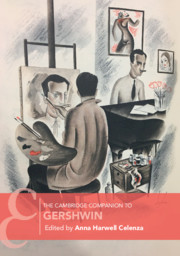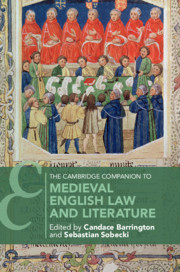[N]or the laws of any Christian kingdom, are so rooted in antiquity. Hence there is no gainsaying nor legitimate doubt but that the customs of the English are not only good but the best.
For Sir John Fortescue, Chief Justice of the King’s Bench between 1442 and 1460, nominal Lord Chancellor to Henry VI following the deposition of the Lancastrian king in 1461, and author of
De laudibus legum Angliae (from which the above quotation is taken), the laws and customs of England were coextensive and indivisible. Fortescue identified three separate forms of human or municipal law: these were ‘either law of nature, customs, or statutes’, and when customs and the law of nature ‘have been reduced to writing’ and received royal approval, then they ‘are changed into a constitution or something of the nature of statutes’. Of these three (supposedly indisputable) sources of English law, custom was arguably the least susceptible to irrefutable definition, and it is therefore something of a paradox that Fortescue was an exemplar of late medieval judicial authority expressing the opinion that custom was the singular, defining and unique feature of the common law.
It is the purpose of this chapter to examine and analyse the juridical notion of custom in relation to the institutional foundations of common law. I concentrate primarily on juristic ideas of custom attendant on the theories espoused by Fortescue in De laudibus (written c. 1470) and developed in the first half of the sixteenth century, notably by the barrister and jurist Christopher St German, author of Dialogus de fundamentis legum Anglie et de conscientia, more commonly known as Doctor and Student, published in English in 1530. In passing, I consider the gradual change in juridical meaning of consuetudo, from that intended by Chief Justiciar of England Ranulf de Glanvill and cleric, justice and jurist Henry de Bracton, to its meaning as recorded in the decisions of judges, handed down in the courts of common law. The judiciary adopted for themselves a didactic and rabbinical role, in accordance with the description of them by Fortescue as sacerdotes (priests): ‘For a priest is by etymology said to be one who gives or teaches holy things.’ Like Fortescue, they were trained in the arcane practices of the English legal system at the Inns of Court and practised their calling as serjeants-at-law in the law courts at Westminster prior to their elevation to the ranks of the judiciary.

